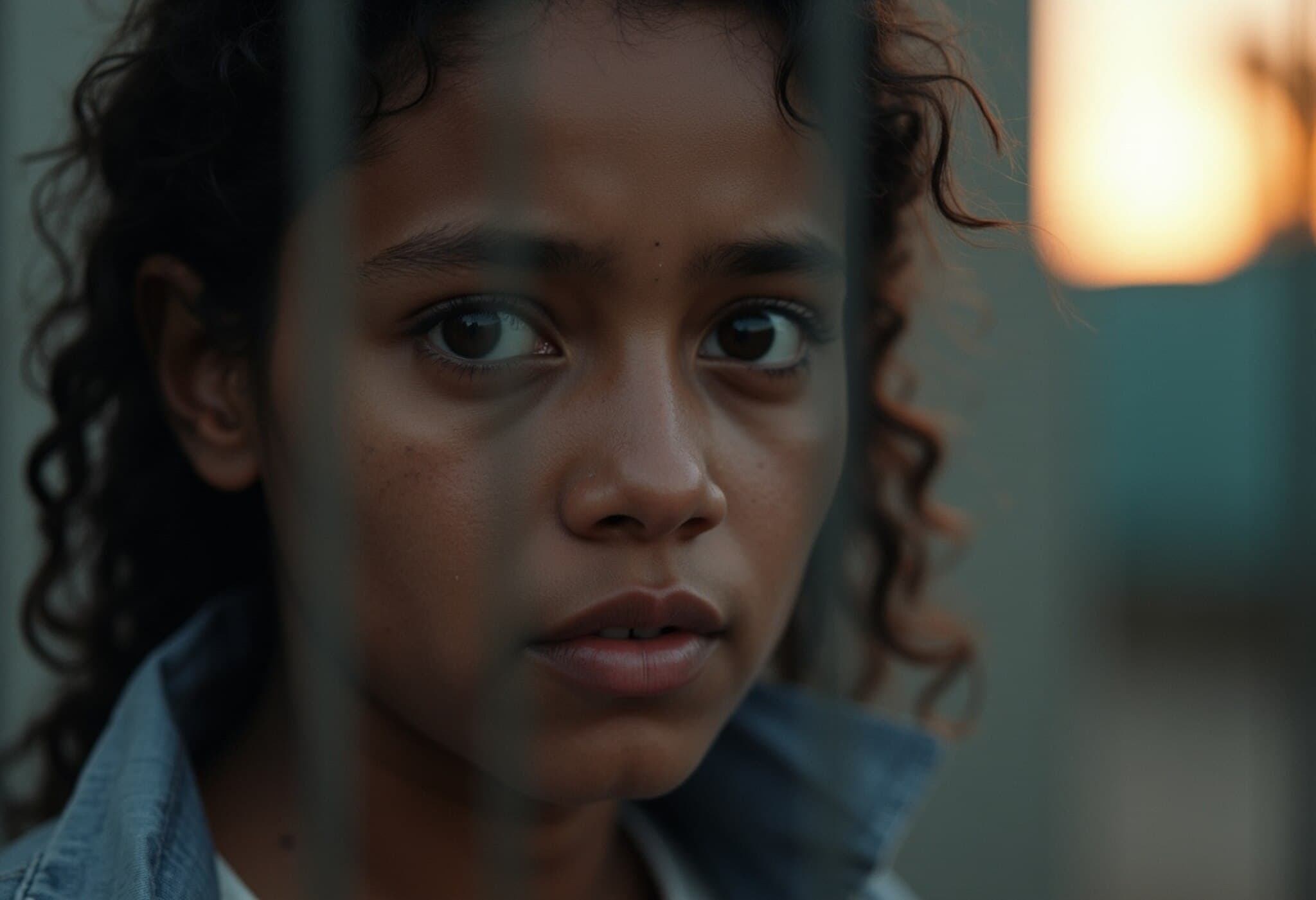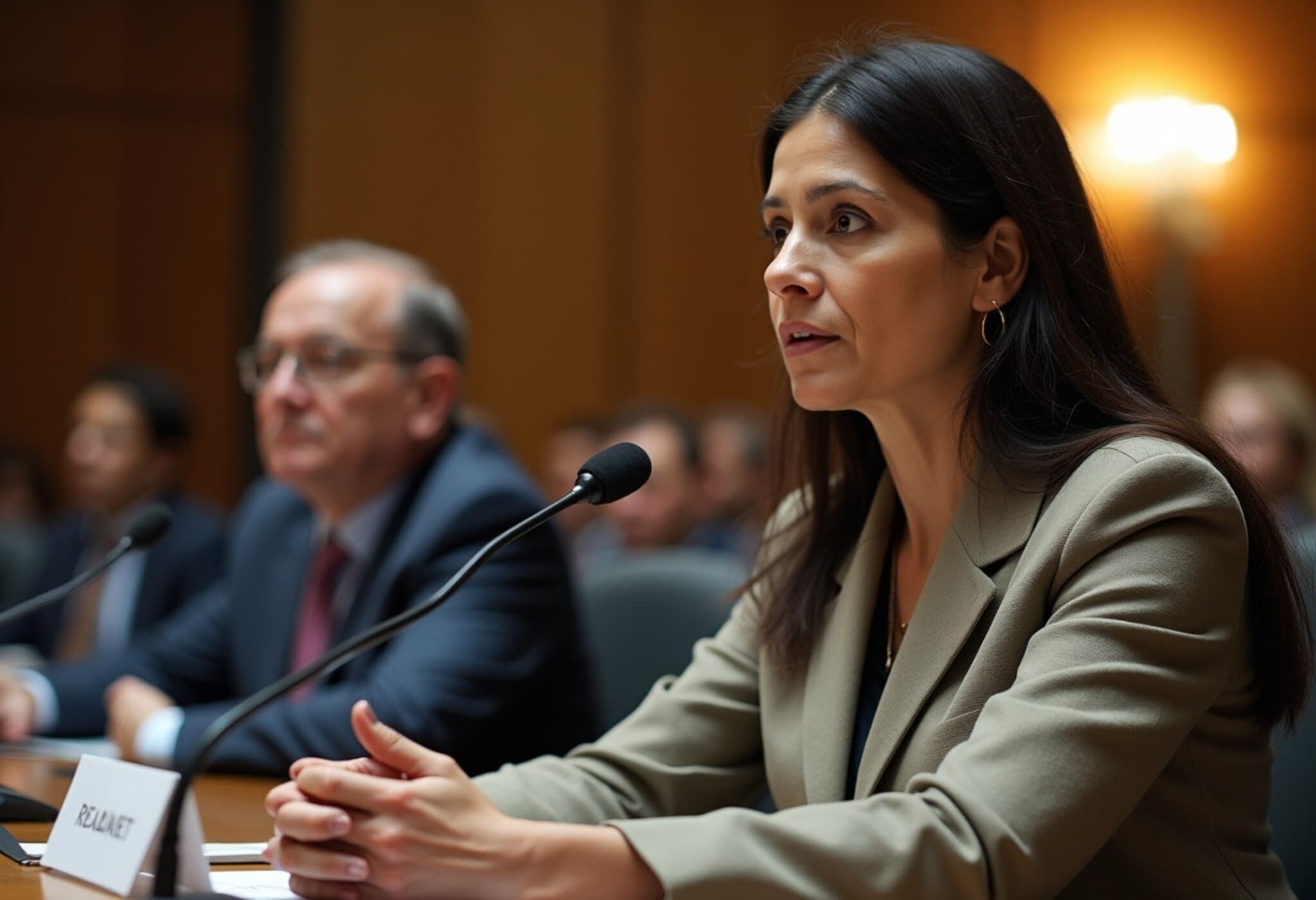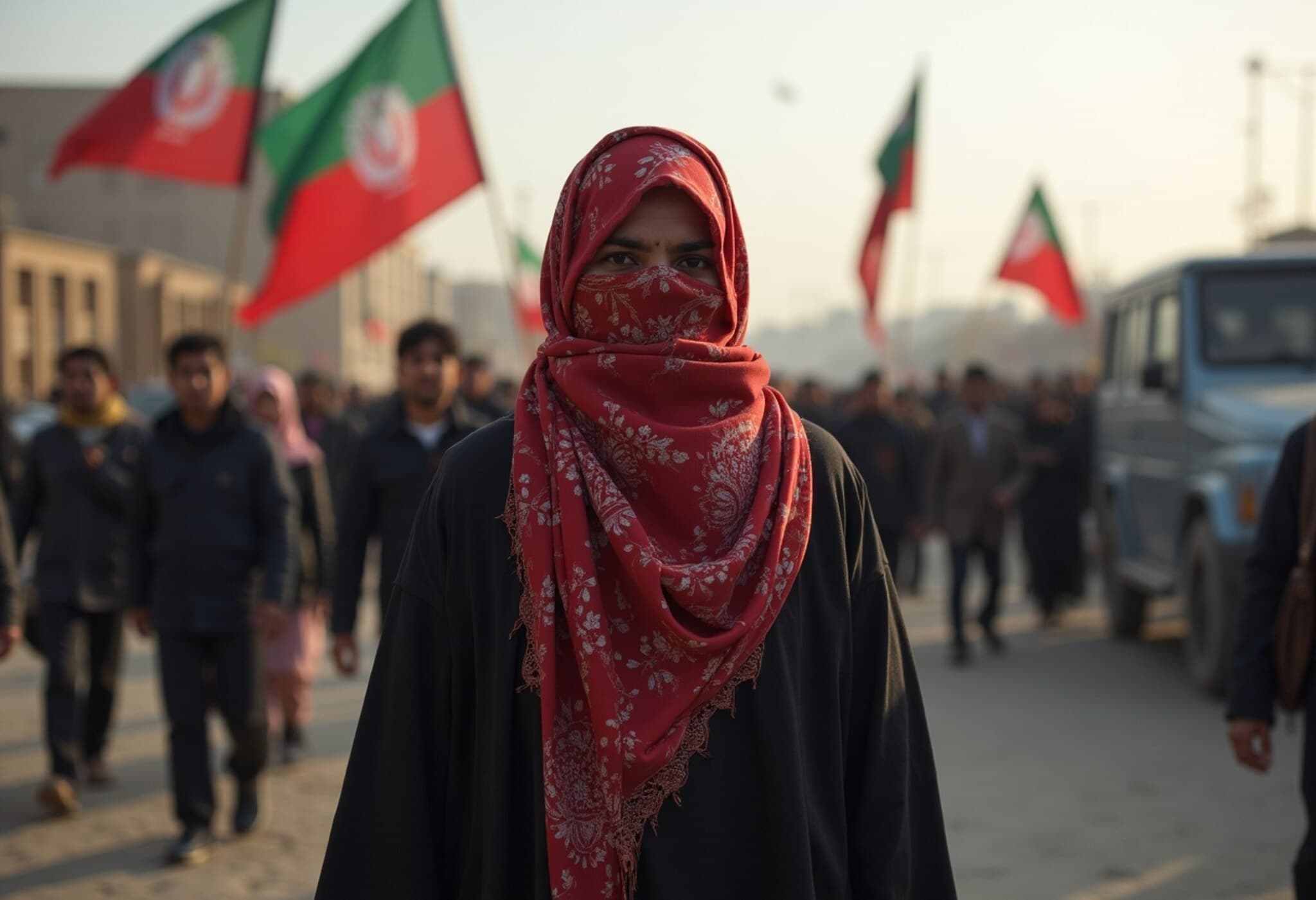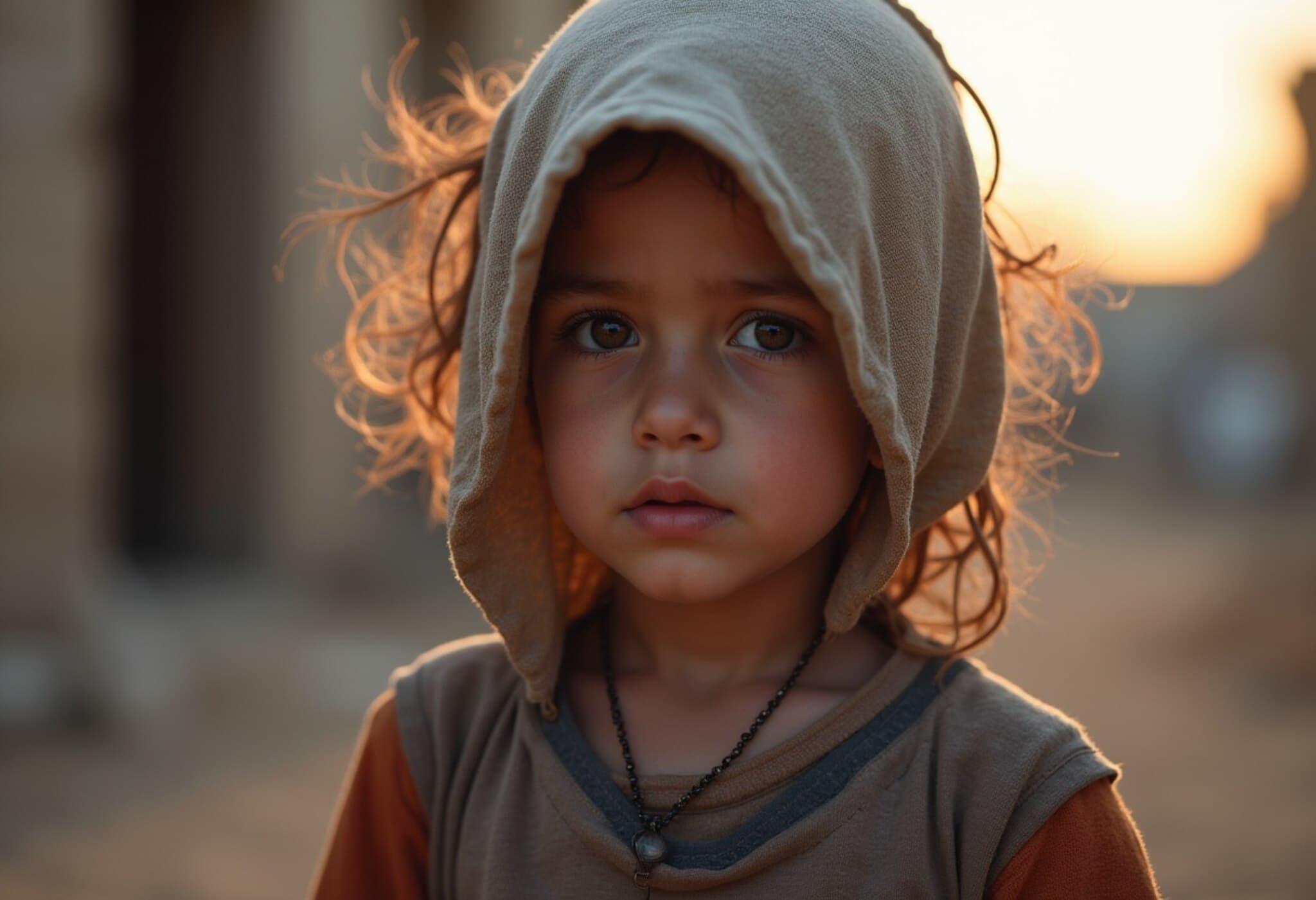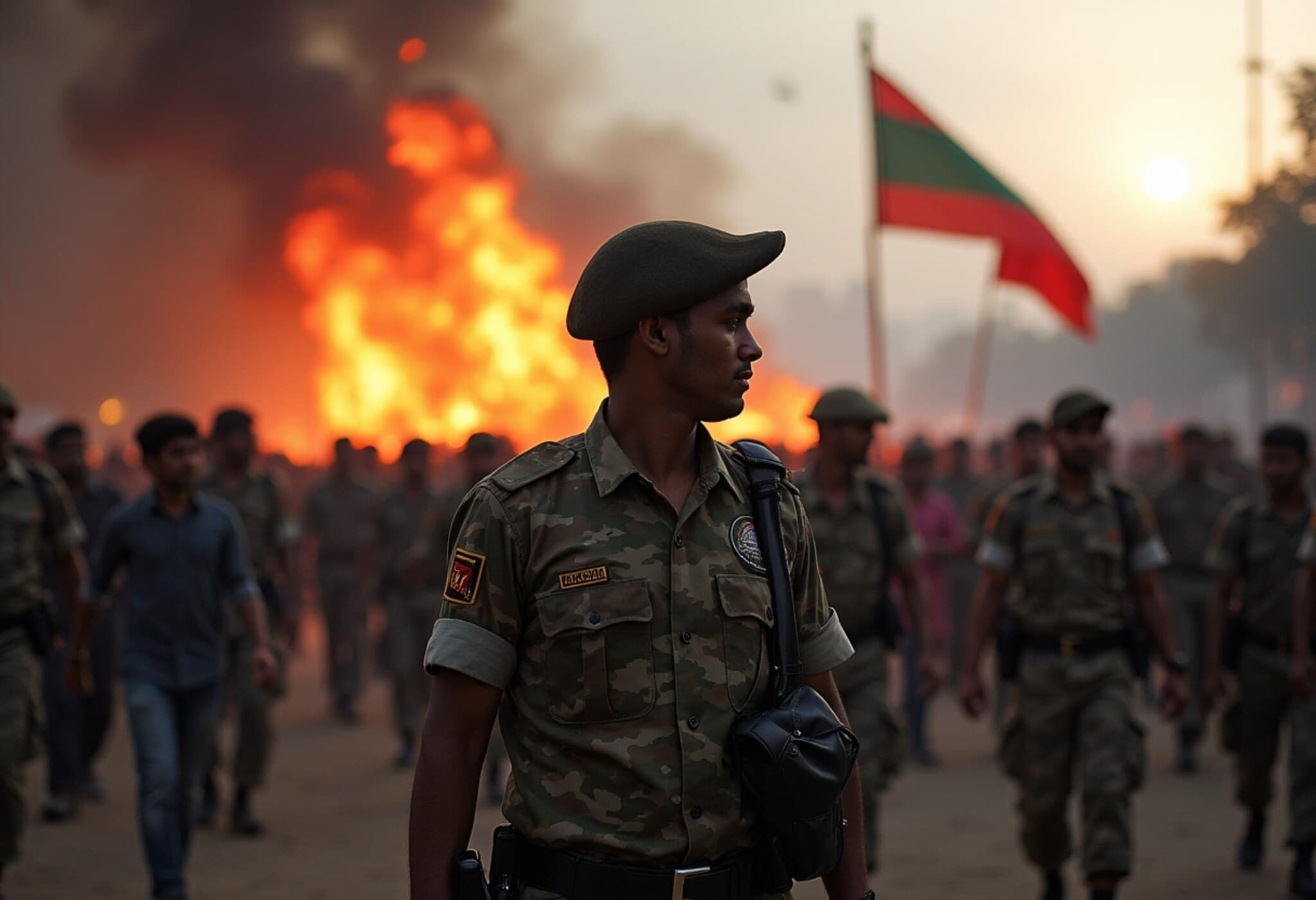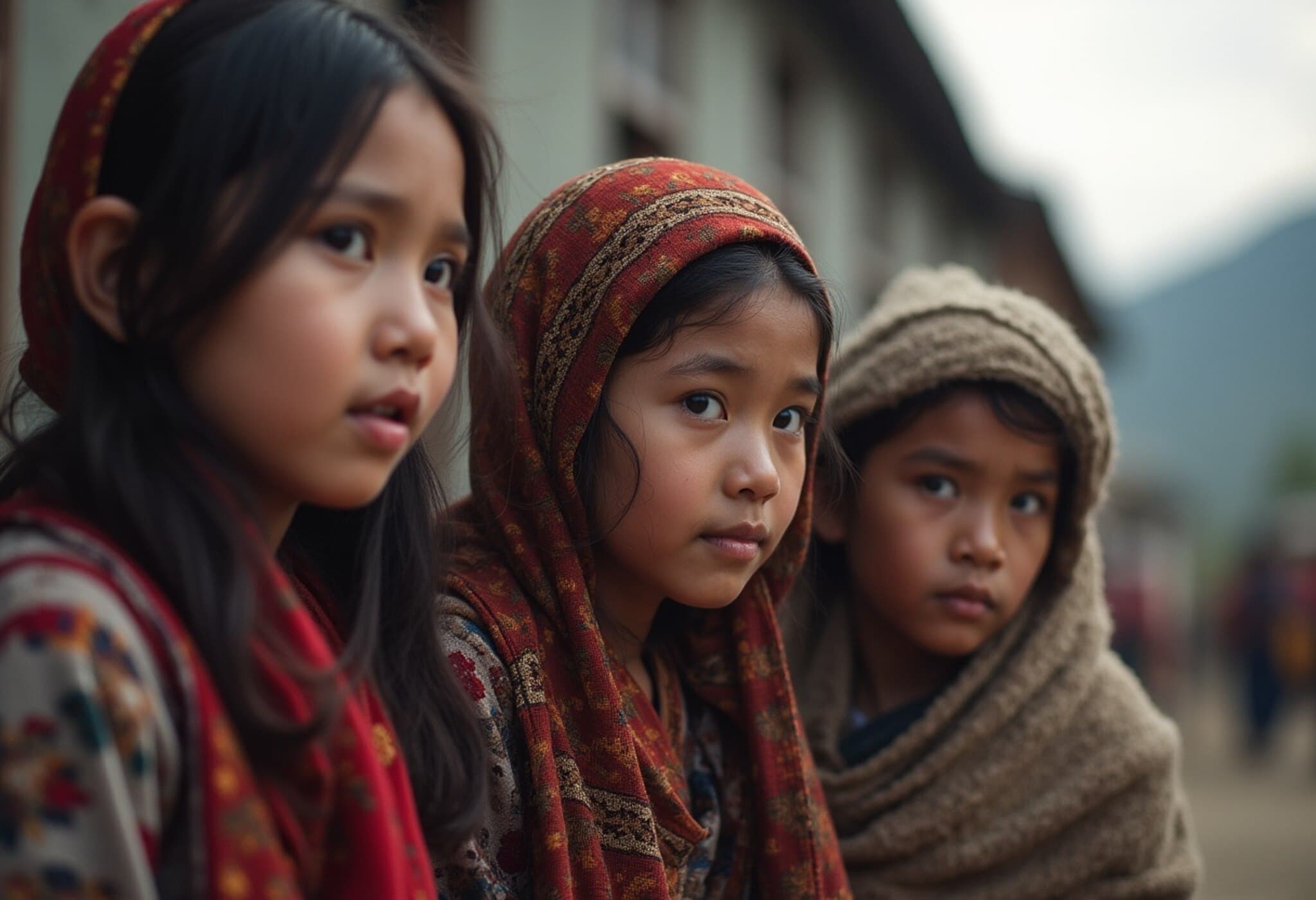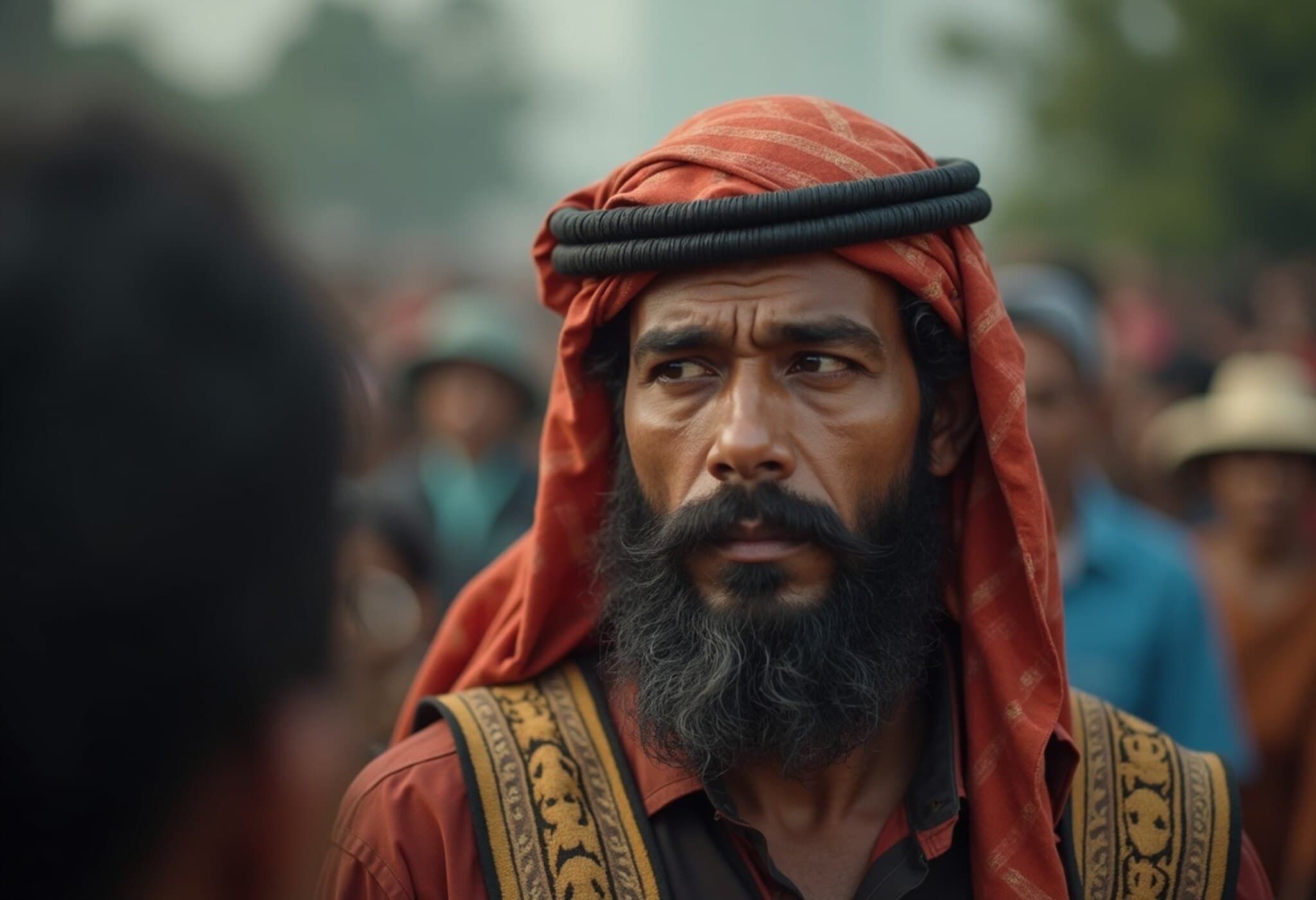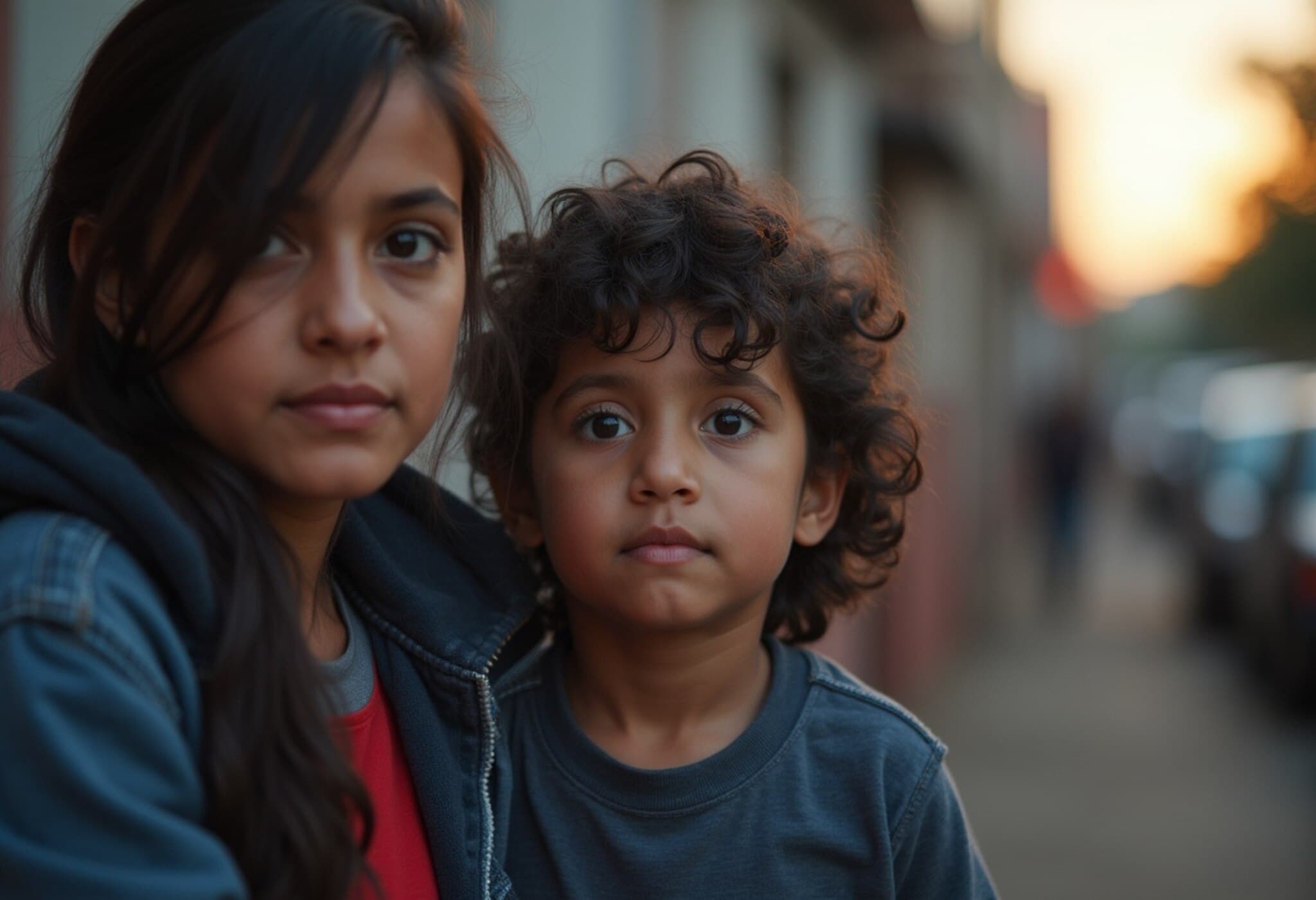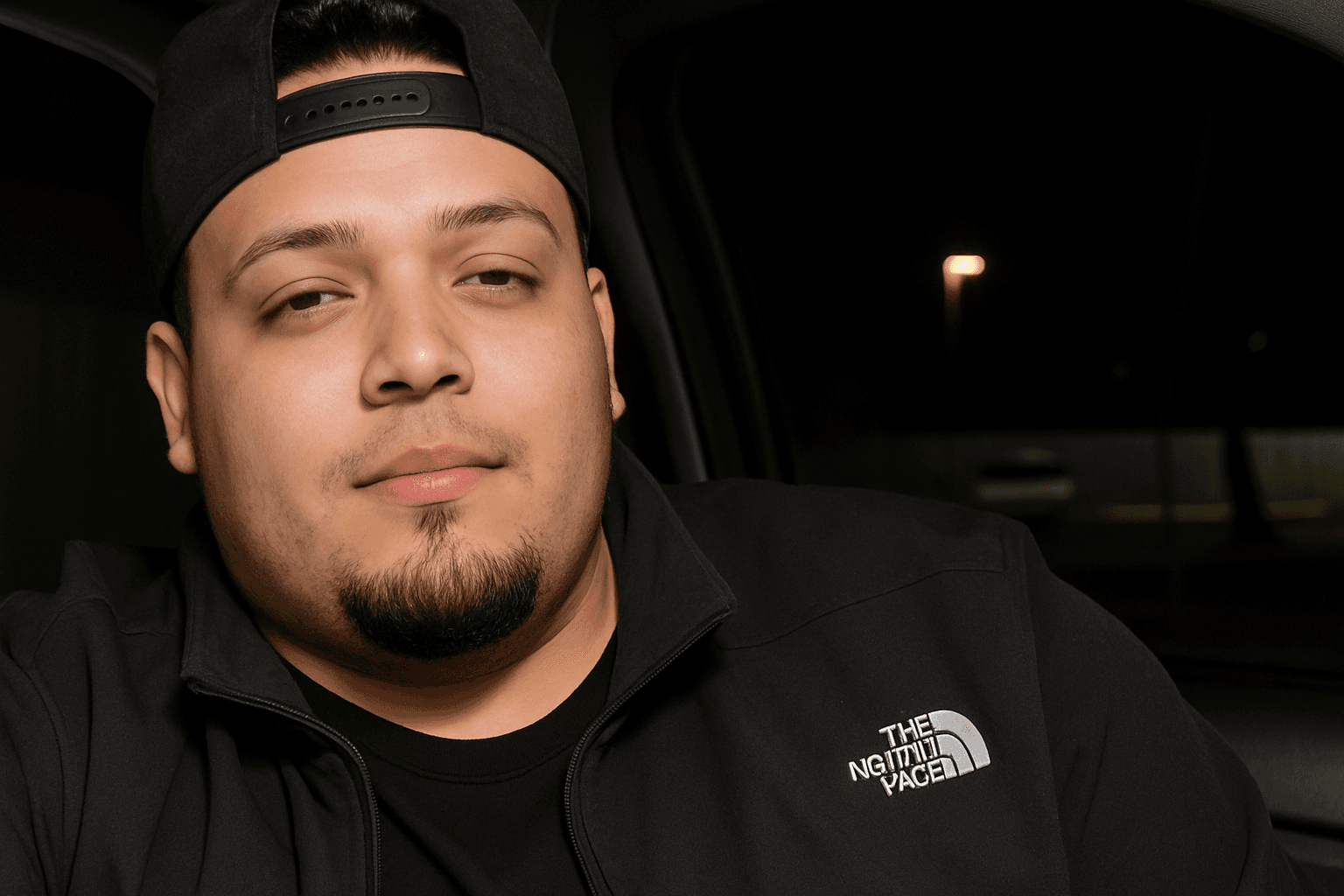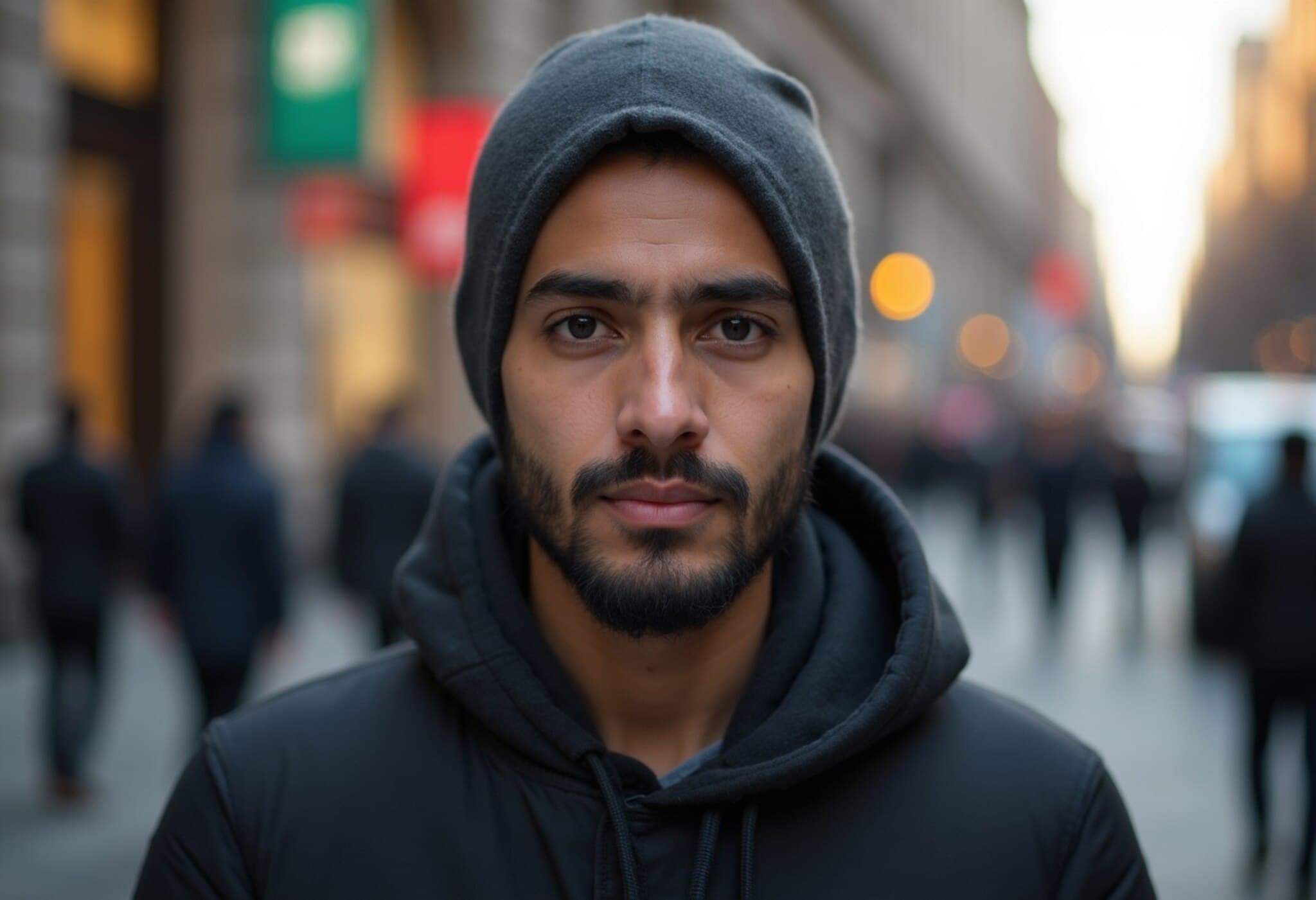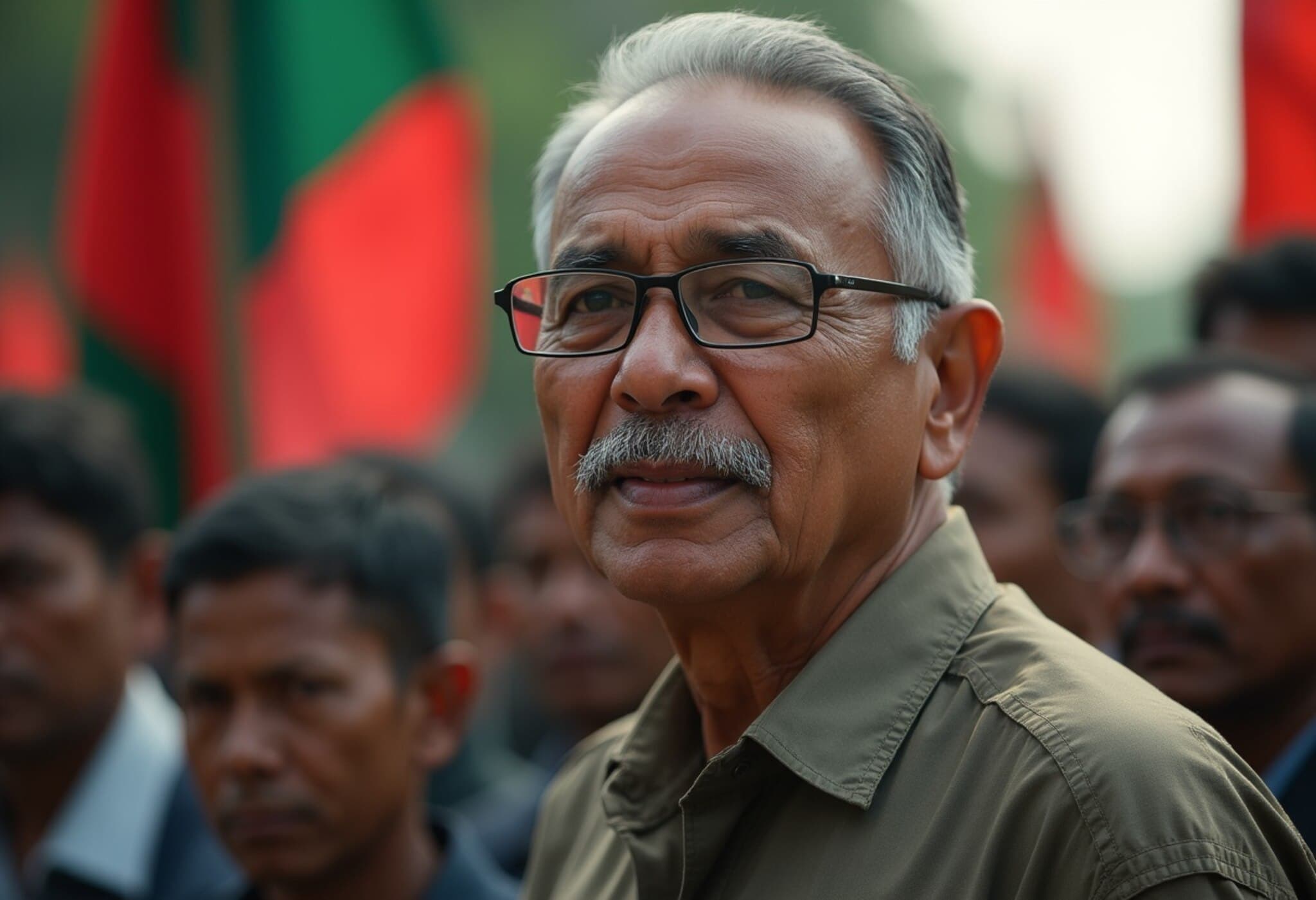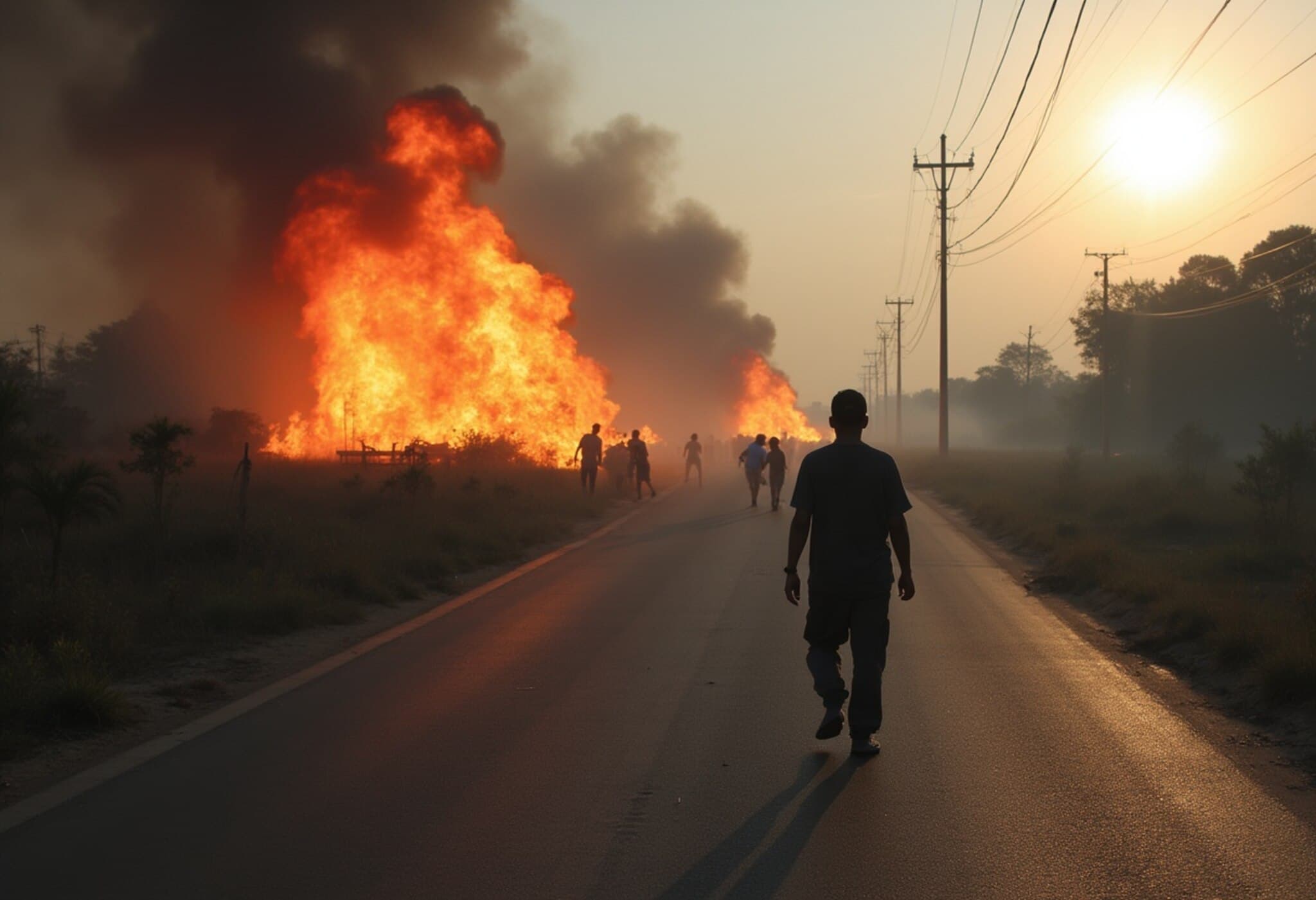Venezuelan Migrants Speak Out on 'State-Sanctioned Torture' in El Salvador After US Deportation
José Manuel Ramos Bastidas, a Venezuelan man deported months ago to El Salvador from the United States under a controversial immigration deal, has shared harrowing accounts of the brutal conditions he endured in El Salvador’s infamous mega-prison, the Centro de Confinamiento del Terrorismo (Cecot). His journey, which began with deportation under former President Donald Trump’s administration, culminated in what his legal representatives describe as state-sanctioned torture.
Reunion After a Nightmarish Detention
When Ramos Bastidas finally returned to his family in El Tocuyo, Venezuela, the emotional reunion stirred profound relief and sorrow. His partner, Roynerliz Rodríguez, expressed the overwhelming mix of joy and trauma: “These last months have been a living nightmare… There must be justice for all those who suffered this torture,” she told The Guardian. Their welcome home was marked by the family wearing shirts printed with his image, symbolizing both a celebration and a plea for recognition of their ordeal.
A Stark Deal and Its Human Toll
The 252 Venezuelan men deported to Cecot were part of a complex and largely underexamined agreement involving the United States, Venezuela’s President Nicolás Maduro, and intermediaries. This deal allegedly involved the release of American detainees and Venezuelan political prisoners in exchange for the men’s deportations. Following months in harsh conditions, they were repatriated just last week.
Inside Cecot: Stories of Brutality and Dehumanization
Legal advocates paint a grim picture of Cecot’s conditions, describing frequent beatings, psychological torture, extreme isolation, and unsanitary environments. Ramos Bastidas and others were reportedly warned they could be held for decades—between 30 to 90 years—unless political intervention occurred.
- Physical abuse: Detainees were subjected to rubber bullet shots, even on the day they were released.
- Isolation: Migrants like Edicson David Quintero Chacón endured prolonged solitary confinement, with a pervasive fear of death.
- Hygiene deprivation: Prisoners were permitted to bathe only during monitored visits, forcing a cruel choice between dignity and humiliation.
- Nutrition and safety: Food was insufficient, drinking water was contaminated, and constant lighting denied inmates any rest.
Stephanie M Alvarez-Jones, a lawyer with the National Immigration Project, highlighted the lasting psychological scars. In legal filings, she condemned the US government's role in perpetuating violence against these men, emphasizing the need for judicial accountability.
From Asylum Seeker to Victim of Misplaced Suspicion
Ramos Bastidas’ personal story underscores the complex human dimension behind this diplomatic arrangement. A non-criminal who never lived freely in the United States, he initially sought asylum via legal channels to access better healthcare for his infant son. Despite his plea being denied, he consented to deportation.
Yet, US Customs and Border Protection flagged him as a potential member of the Venezuelan Tren de Aragua gang — a designation based solely on unverified intelligence and his tattoos, rather than any proven wrongdoing. Despite agreeing to voluntary return, Ramos Bastidas was detained for months.
When Venezuela initially refused deportees, Ramos Bastidas sought release to self-arrange repatriation. His fears worsened after seeing others transferred to Guantánamo Bay. Ultimately, he was sent to Cecot in March 2024, a decision his lawyer described as deliberately exposing him to torture rather than returning him safely to his home country.
Broader Implications: Legal and Human Rights Concerns
This case lays bare pressing questions about the intersection of US immigration enforcement, international diplomacy, and human rights. Experts warn that such deportations to notoriously abusive prisons like Cecot represent a grave misuse of power with dire consequences for vulnerable migrants.
Moreover, the story highlights a troubling precedent where migrants are caught in geopolitical bargaining, often overlooked by mainstream media and policymakers alike. Calls for transparency, independent investigations, and justice for survivors remain urgent.
What Lies Ahead?
- Will US immigration authorities reassess policies that expose deportees to human rights violations abroad?
- How can international legal frameworks better protect migrants caught at the intersection of politics and law enforcement?
- What support mechanisms are needed for survivors enduring long-term physical and psychological trauma?
As survivors reintegrate, their experiences demand sustained attention—not only to hold governments accountable but to prevent new cases of state-sanctioned cruelty hidden behind diplomatic deals.
Editor’s Note
The harrowing ordeal of Venezuelan migrants deported to El Salvador's Cecot prison reveals a grim intersection of immigration policy and human rights abuse, emphasizing the urgent need for comprehensive reform in US deportation practices. Beyond the individual stories, this case challenges us to consider how diplomacy, law, and humanity must align to protect the most vulnerable. Readers are encouraged to reflect on the ongoing impacts of such policies and advocate for transparency and justice.

